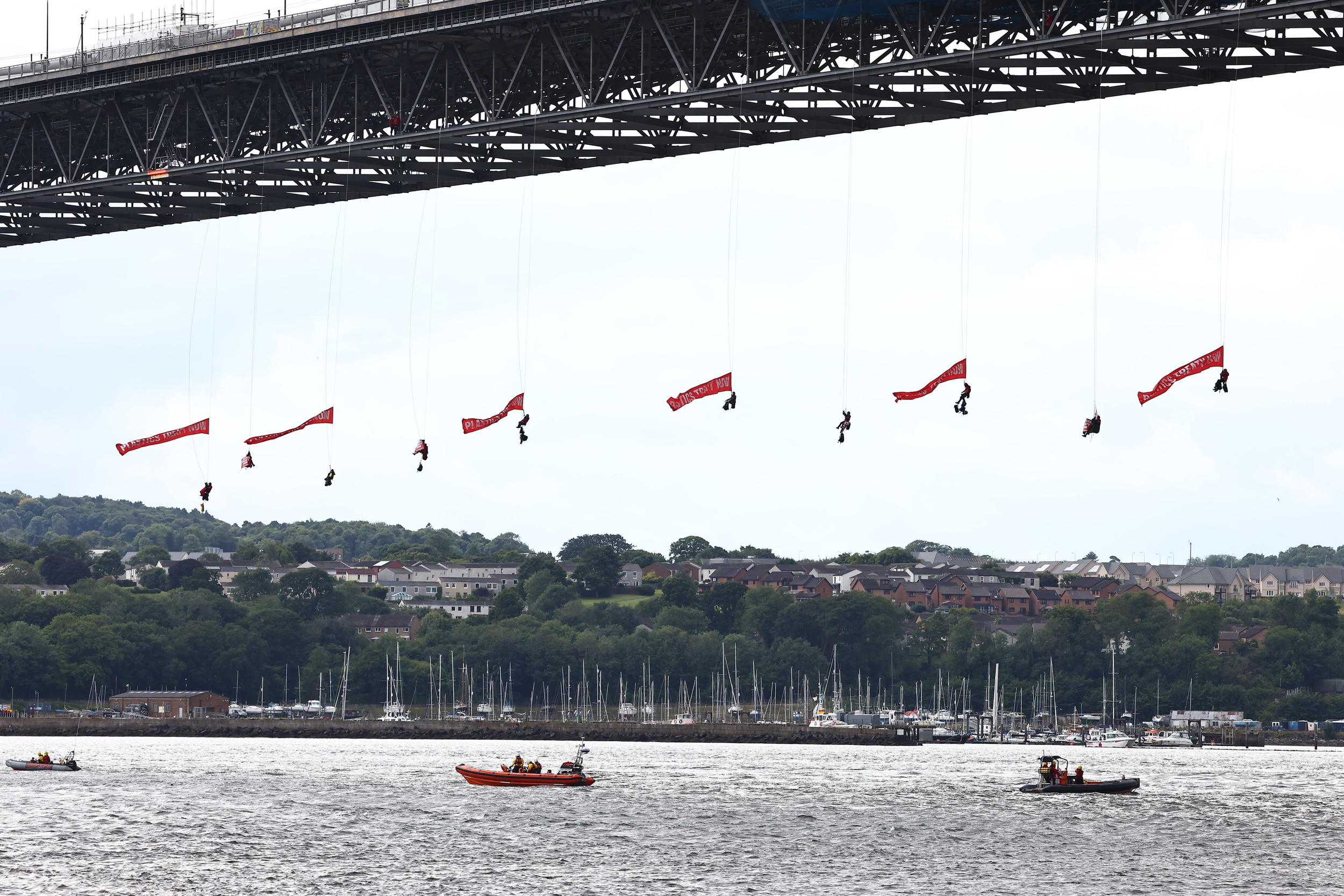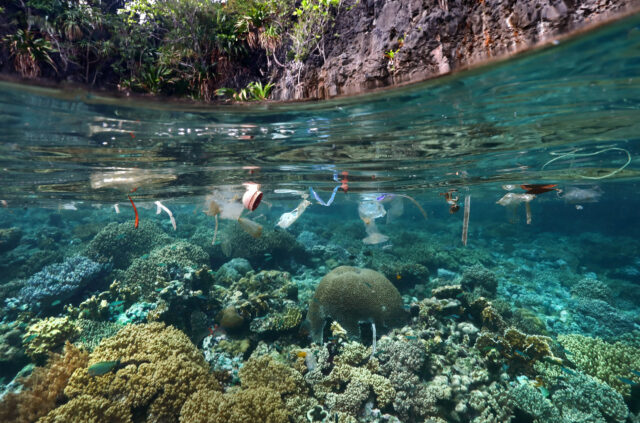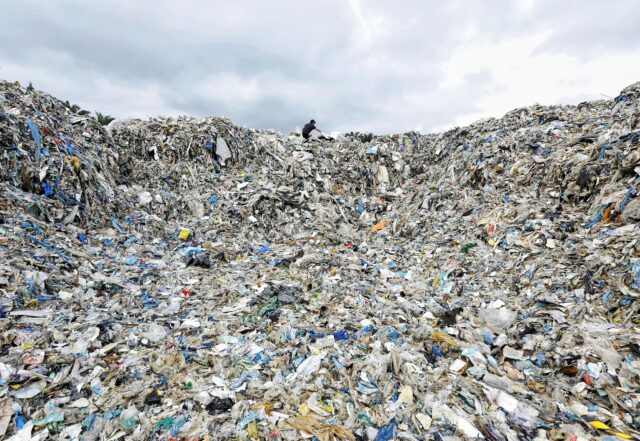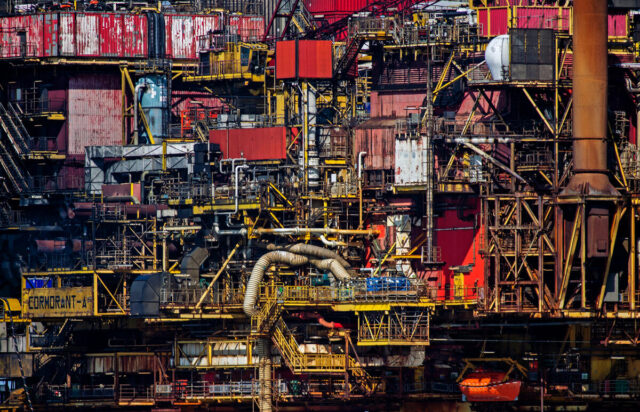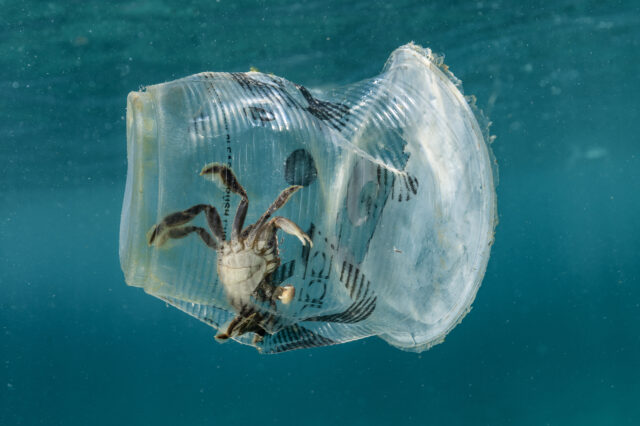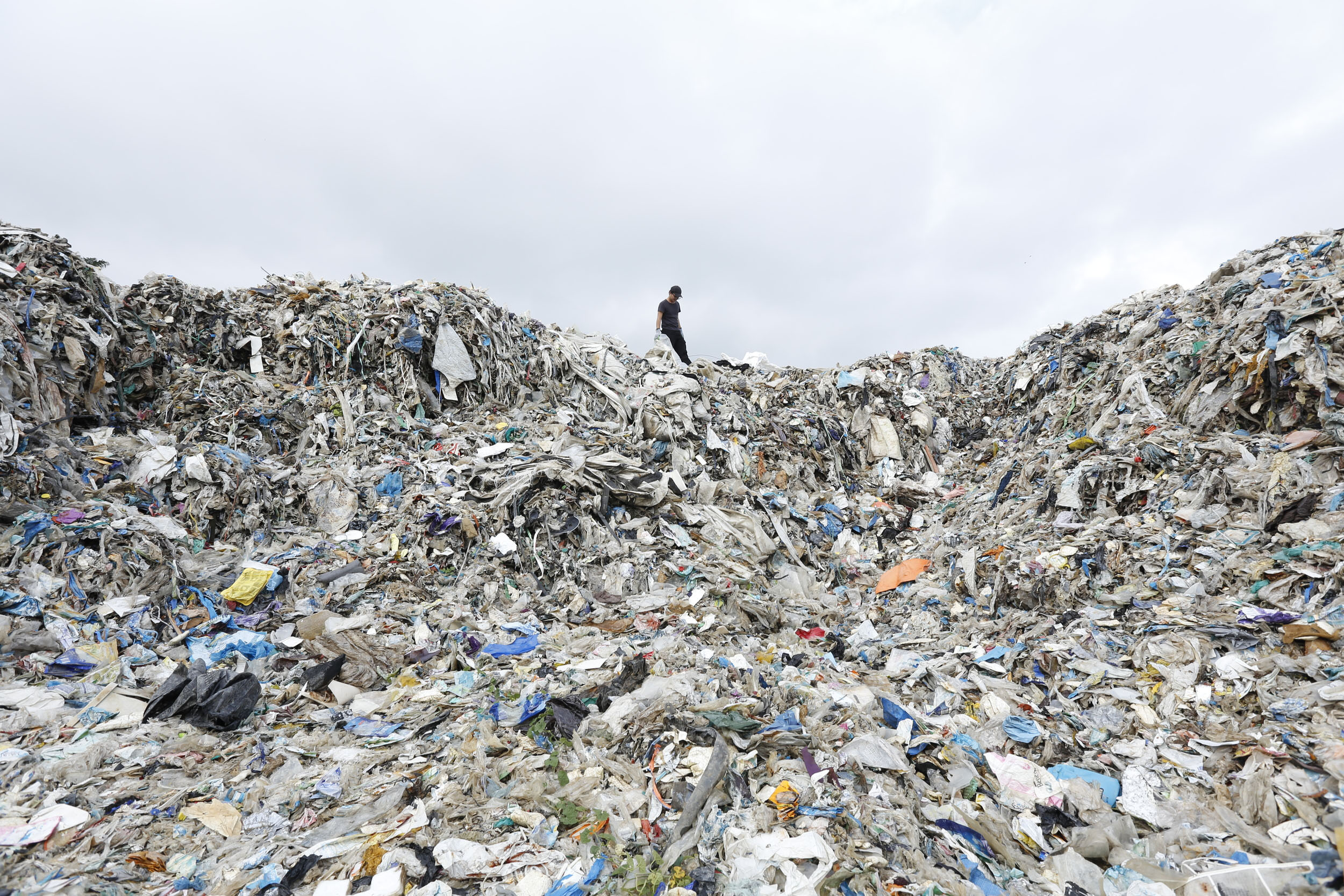
In a few weeks time, countries around the world will hammer out a new global agreement to tackle the plastic crisis.
Done right, this Global Plastics Treaty could finally deal with the problem at its roots. Not just clearing up the mess, but stopping it being made in the first place.
As ever, there are big corporate interests fighting to maintain the status quo. And you’d think it’d be Dove, Coca Cola and other companies addicted to throwaway packaging leading the charge.
But here’s the twist: those companies are actually mostly on board – at least so far. It’s the fossil fuel giants pulling the strings and trying to stop real progress.
Why? Because plastic is their Plan B.
As the world moves away from burning fossil fuels for energy, oil and gas companies are betting big on plastic to keep their profits flowing. Plastic is made from fossil fuels, so more plastic means more demand for the stuff they sell. And they’re already making billions from the plastic business.
For example, you might know the British fossil fuel giant INEOS from the fracking fights of the 2010s or their greenwashing sports sponsorships. But did you know they’re also the UK’s biggest plastic producer?
That’s why they’re doing everything they can to undermine progress.
How fossil fuels flooded the plastics treaty negotiations
Imagine trying to fix a leak while someone’s turning the taps back on at full blast. That’s what it feels like at the plastic treaty negotiations.
Fossil fuel interests sent 220 lobbyists to the last round of talks. That’s more than all EU countries’ negotiating teams combined.
They also far outnumber the Indigenous Peoples’ caucus, the scientists’ coalition and the group of Pacific small island states. They’ve even found their way into the official teams of some countries.
The lobbyists’ main mission? Block the one thing that would actually work: cutting plastic production.
They’re fighting hard against plastic reduction targets in the negotiations, even though the public supports them and scientists say they’re absolutely essential.
In between official talks, their deep pockets also allow them to influence decisionmakers using back-channels and closed-door meetings.
And outside the negotiating rooms, they’re running a slick PR campaign, funding small scale projects to polish their image, while pushing to prevent any measures that would actually address the problem.

Why this matters
International treaty negotiations can feel pretty remote from everyday life. But this matters because the consequences of plastic pollution are all around us. It’s clogging our rivers, choking wildlife, and even showing up in our bodies. People living near plastic manufacturing plants face toxic air and health risks. Meanwhile, plastic production pumps out climate-wrecking emissions. It’s a disaster for the planet and for people.
And yet, while elected negotiators try to work out solutions, they’re being outgunned by corporate lobbyists who just want business as usual.
It doesn’t have to be this way. The World Health Organisation’s tobacco treaty protects decisions from industry interference – so why isn’t the plastics treaty doing the same?
Fighting back for a strong treaty
Greenpeace isn’t sitting this one out. From the negotiating rooms to the streets, we’re pushing for a strong, binding treaty that includes real cuts to plastic production. But governments are under massive pressure from fossil fuel interests. To stand a chance, they need to be able to do their jobs without interference from the companies causing the crisis. By removing their influence, we give the treaty a real chance to end plastic pollution for good.

